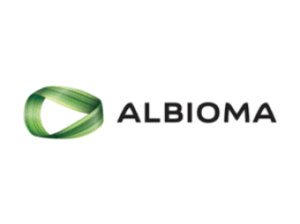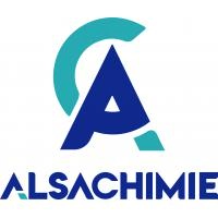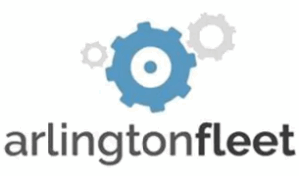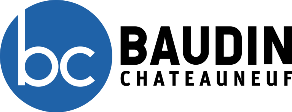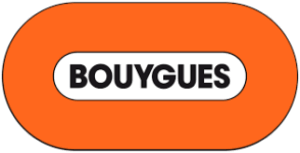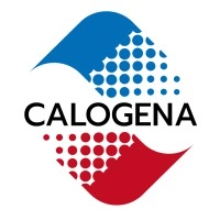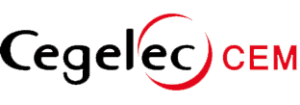Seres Technologies
QHSERP and Industrial Risks
Against a backdrop of industrial transformation, climate change and stricter regulations, risk management has become a strategic priority. Companies have to reconcile economic performance, the safety of infrastructure and protection of the environment. Seres Technologies supports these players by providing solutions targeted to these specific challenges.
The challenges of QHSERP
Together with Industrial Risks, QHSERP (Quality, Safety, Health, Environment, Radiation Protection) aims to guarantee the quality of products and services, protecting the health and safety of employees and processes, limiting the environmental impact of activities and preventing professional and industrial risks.
Incorporating risks into the overall approach strengthens the management of operations, reduces the human and environmental consequences of any potential accidents, and helps to improve the company’s resilience to hazards.
Expert Opinion
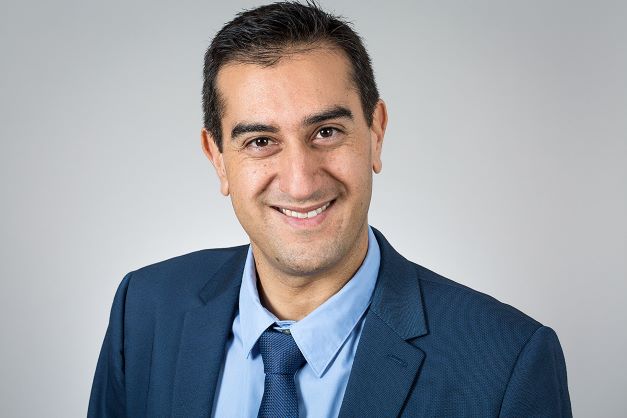
The expertise of Group Seres Technologies in QHSERP
A recognised expert in risk management, the Seres Technologies Group offers advanced expertise in QHSERP and Industrial Risks in industries operating in sensitive sectors. Its work covers the entire life cycle of facilities, from use, to dismantling, including maintenance and the upholding of operational condition.
QHSE steering
Management System:
- Implementation of management systems compliant with the benchmarks ISO 9001, ISO 14001, ISO 45001, MASE
- Support in implementing an Integrated Management System (IMS)
- Conducting of internal audits
- Preparation of certification audits
- Quality analysis of the documentary system
- Support in implementing QHSE action plans
- SSE regulatory monitoring
Project/Supplier Quality Assistance:
- Quality assistance to project owners and project contractors
- Managing and monitoring tenders/projects
- Planning
- Analysis of discrepancies and handling of non-compliant products.
Product quality control:
- Implementation of control processes on delivery
- Management of non-compliance work flows
- Tracking of action plans
- Periodic inspection.
Management of work risks
Technical studies and expertise:
- Evaluation of workplace risks and compiling of the Unique Occupational Risk Assessment Document (DUERP)
- ATEX studies and compiling of the Document Relating to Explosion Protection (DRPCE)
- Analysis of workplace accidents (causal tree, 5P methods, FMECA)
Technical support for projects, work sites and facilities:
- Document analyses
- Technical and prevention advice
- SSE operational assistance
- Coordination of preventative measures for operations and work sites.
Management of industrial and environmental risks
Technical studies and expertise:
- Analyses of technological risks and process safety (PRA, HAZOP, HAZID, FMECA, LOPA, etc.)
- Specific risk studies and analyses: ATEX, chemical, fire, etc.
- Support with regulatory compliance (ICPE review, the Machinery Directive, etc.)
- Drafting of regulatory files (DDAE applications for an operating permits, DAC establishment authorisation applications for BNIs, hazard studies, impact studies, water law files, environmental analyses, internal operation plan (POI), particular intervention plan (PPI), technological risk prevention plan (PPRT), etc.)
- Fire hazard assessment (DMRI fire risk control documents for BNIs, PDI fire defence plan for ICPEs and modelling of hazardous phenomena)
- Support in discussions with environmental authorities.
Radiation protection
In the realm of radiation protection, the Seres Technologies Group aims to ensure the compliance of nuclear facilities according to CEFRI benchmarks, handling the management of radioactive waste and dosimetric monitoring of workers. The supervision of its maintenance operations and technical shutdowns is also a key task, requiring meticulous coordination and the application of suitable preventative measures, in particular in refineries and chemical units.
Expert Opinion

Risques Industriels & RSE
Groupe Seres Technologies
The regulatory standards and norms that Group Seres Technologies applies in the QHSERP
The benchmark standards we apply as part of our QHSERP and Industrial Risk services:
- ISO 9001 (Quality Management System)
- ISO 14001 (Environmental Management System)
- ISO 45001 (Occupational Health, Safety Management System)
- ATEX (IEC 60079)
- Methodological Standards (IEC 61882, IEC 60812, ISO 13849, IEC 61513, etc.)

Do you have a project?
Our teams are here to listen, address your needs, and support you from design through to completion.
Unlock your potential at Seres Technologies
Joining Seres Technologies means you’ll be joining an international company that operates on a human scale, where a positive, collaborative-focused culture fosters a stimulating working environment. Thanks to the diversity of our projects across a wide range of sectors, each employee has the opportunity to take on ambitious technological and human challenges, developing their skills and contributing to major innovations.
Join our team

Would you like to join our team ? Please send us your resume :
FAQs
In what way is QHSERP expertise strategic in high-risk industries?
QHSERP allows us to anticipate and efficiently manage industrial risks, ensure regulatory compliance and the safety of WORKERS and facilities, while managing environmental impacts.
Why are QHSERP audits important?
QHSERP audits allow us to identify deviations in compliance, optimise risk management processes, and implement corrective actions to improve the performance and safety of facilities.

